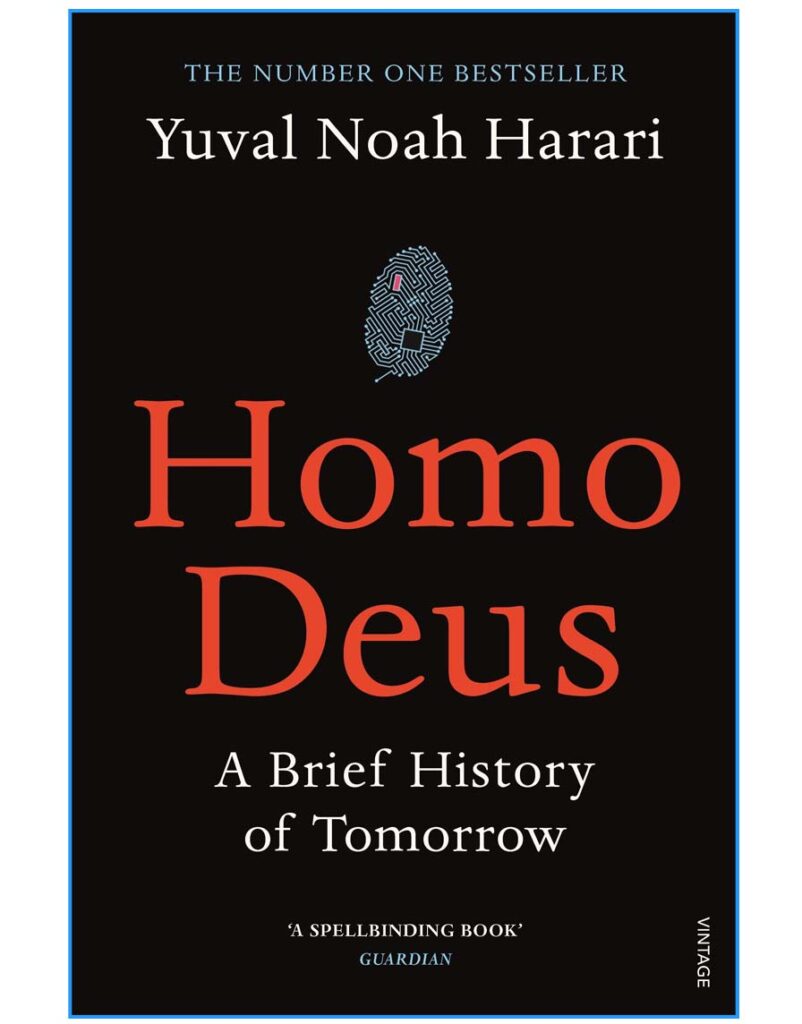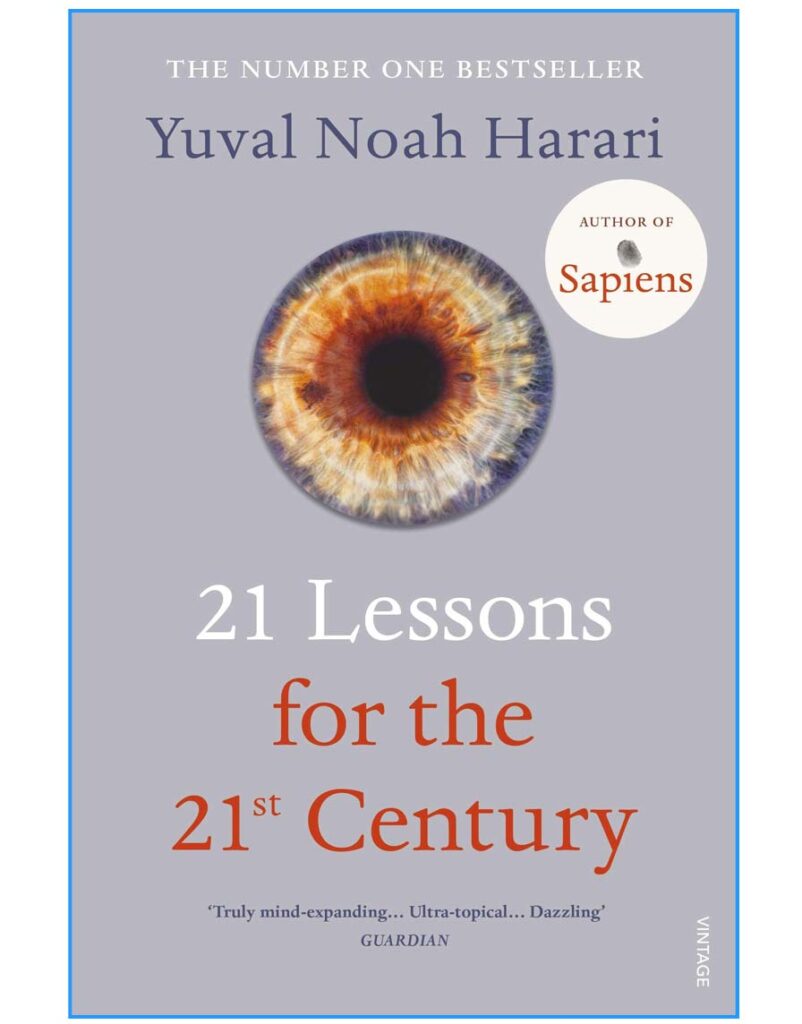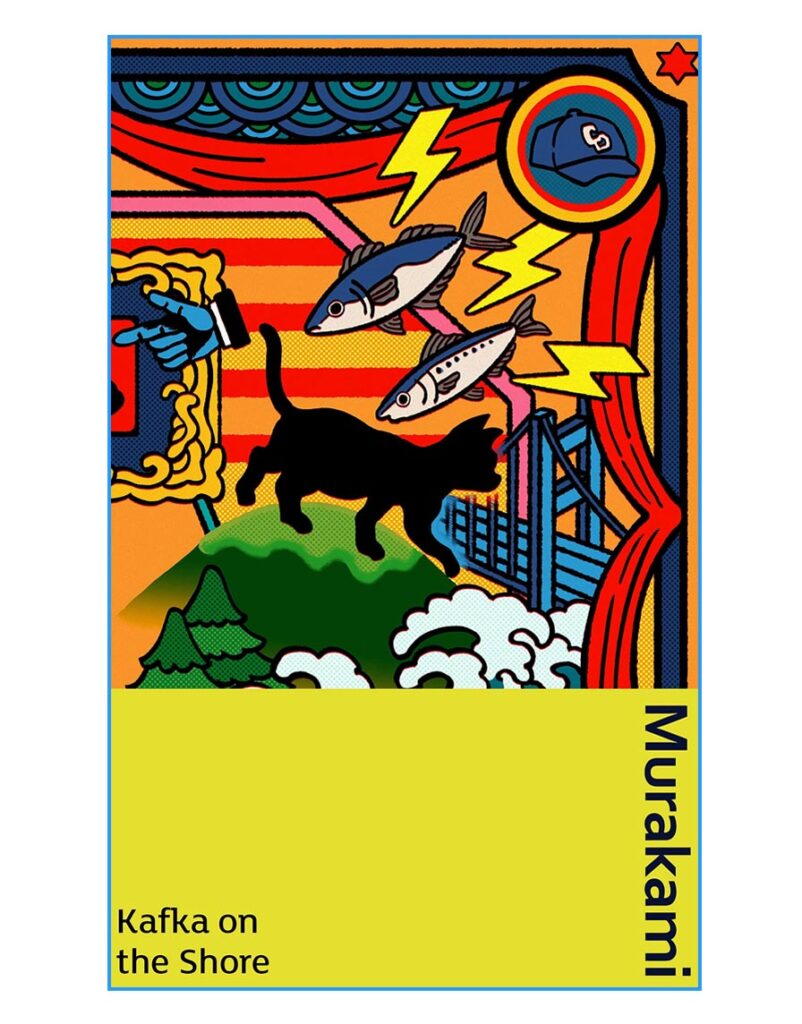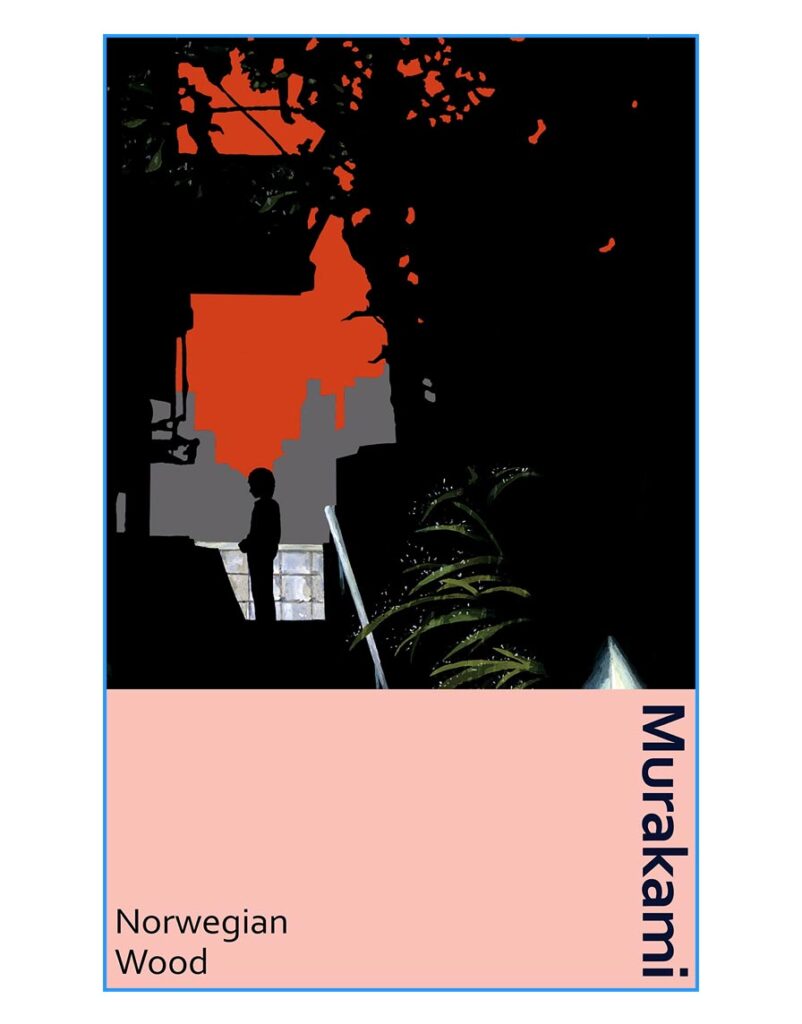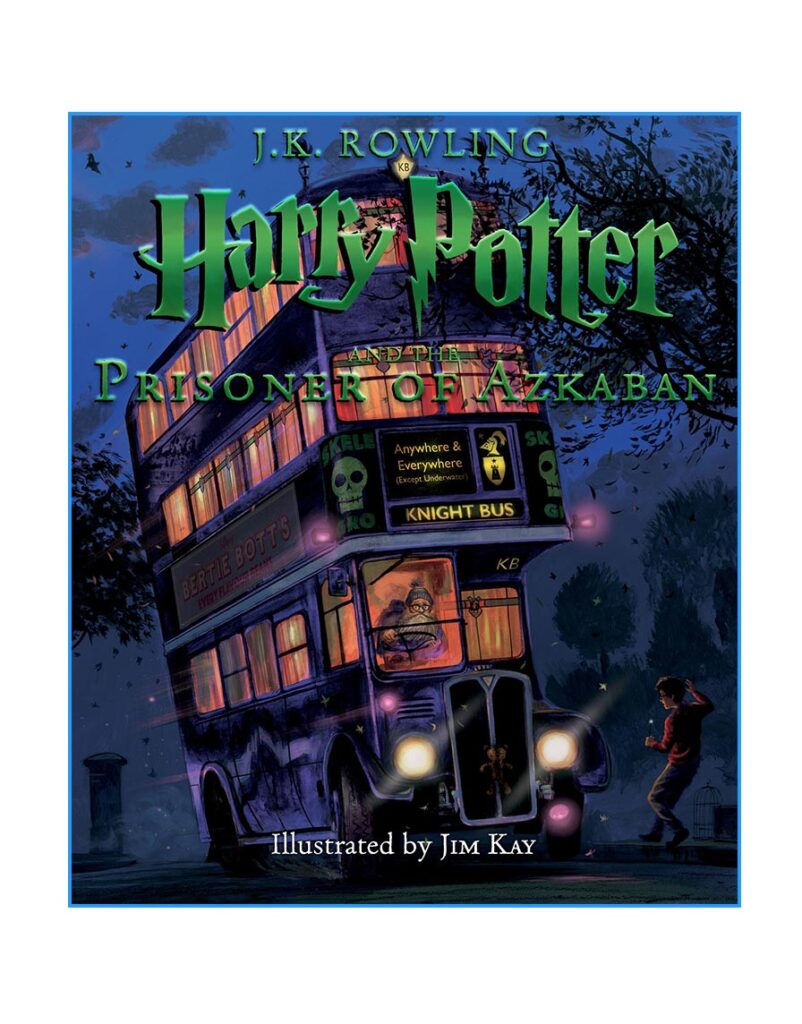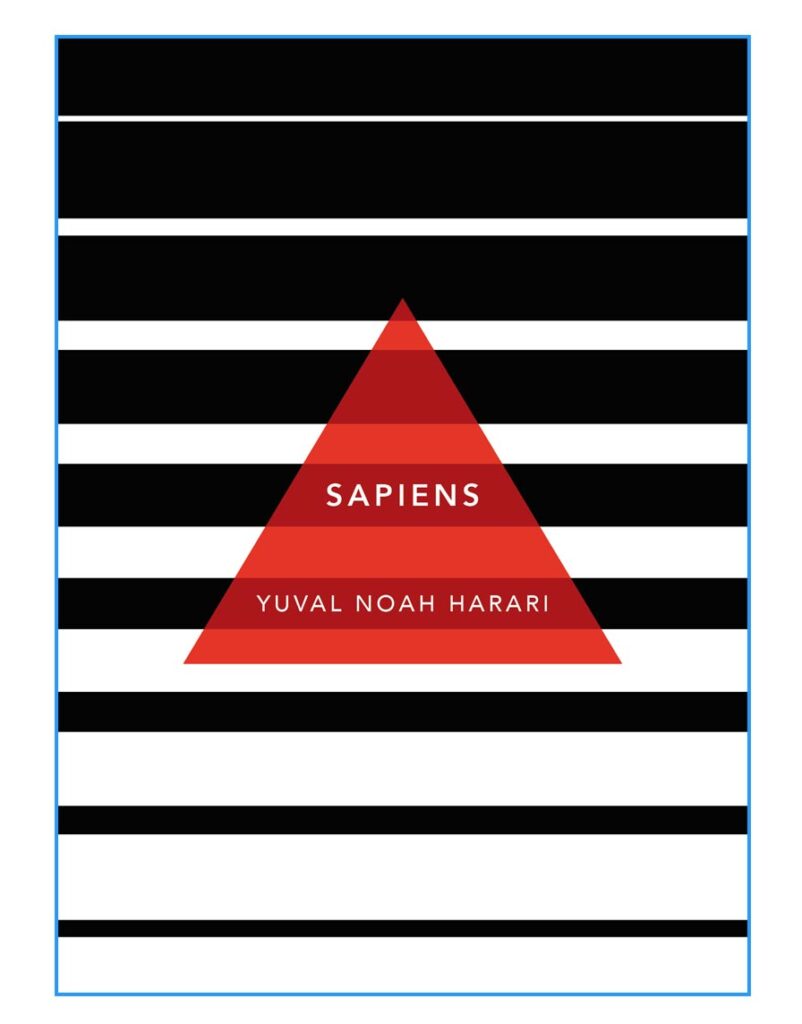“Homo Deus: A Brief History of Tomorrow” is a book written by Yuval Noah Harari that explores the future of humanity and speculates on the next step in human evolution. The book covers topics such as artificial intelligence, biotechnology, and spirituality, and argues that these emerging technologies could lead to a new species of superhumans. Harari provides a thought-provoking and insightful analysis of the future and encourages readers to consider the ethical implications of these developments. Overall, “Homo Deus” is a fascinating read for those interested in the future of humanity and the impact of technology on society.
“21 Lessons for the 21st Century” is one of bestseller book by Yuval Noah Harari tells story about some of the biggest challenges facing humanity in the 21st century, including terrorism, inequality, and climate change. The book is divided into 21 chapters, each of which focuses on a different aspect of modern life. Author explores a comprehensive analysis of these issues and offers thought-provoking solutions and insights. He draws on a wide range of fields, including history, psychology, and philosophy, to provide a unique perspective on the world today. Overall, “21 Lessons for the 21st Century” is a timely and important book that will challenge readers to think critically about the world we live in and the challenges we face.
“Kafka on the Shore” by Haruki Murakami is a surreal and mysterious novel that explores themes of loneliness, identity, and the search for meaning in life. The writing style is unique, blending elements of magic realism with philosophical musings. The characters are complex and interesting, and the story is both captivating and thought-provoking. It’s a book that will stay with readers long after they’ve finished it, and it’s highly recommended for fans of literary fiction and surrealism.
“Norwegian Wood” by Haruki Murakami is a coming-of-age novel that explores themes of love, loss, and youth in 1960s Tokyo. The writing is atmospheric and nostalgic, capturing the essence of the era. The characters are complex, flawed, and relatable, and their relationships are both beautiful and heart-wrenching. The novel is a meditation on the pain and beauty of growing up, and it’s a powerful reminder of the importance of cherishing our memories and the people we love. It’s a must-read for fans of Murakami and for anyone who has experienced the tumultuous emotions of youth.
“Harry Potter” by J.K. Rowling is a beloved series of seven fantasy novels about a young wizard, Harry Potter, and his adventures at Hogwarts School of Witchcraft and Wizardry. The writing is imaginative and enchanting, with a cast of well-developed characters, rich world-building, and a captivating story that spans seven books. The themes of friendship, bravery, love, and the struggle between good and evil are universal and timeless, making the series appealing to readers of all ages. “Harry Potter” is a must-read for fans of fantasy, adventure, and coming-of-age stories, and it has become a cultural phenomenon with a dedicated fan base around the world.
“Sapiens: A Brief History of Humankind” by Yuval Noah Harari is a popular non-fiction book that provides a comprehensive overview of the history of the human species from the emergence of Homo sapiens in Africa to the present day. The writing is engaging and accessible, blending history, anthropology, and philosophy to paint a broad picture of the past and present. Harari covers a wide range of topics, from the development of language and the rise of civilizations to the scientific and technological revolution and the global challenges of the 21st century. The book is thought-provoking and enlightening, offering a new perspective on the world and our place in it.
 Blog EBE English Book Education
Blog EBE English Book Education
